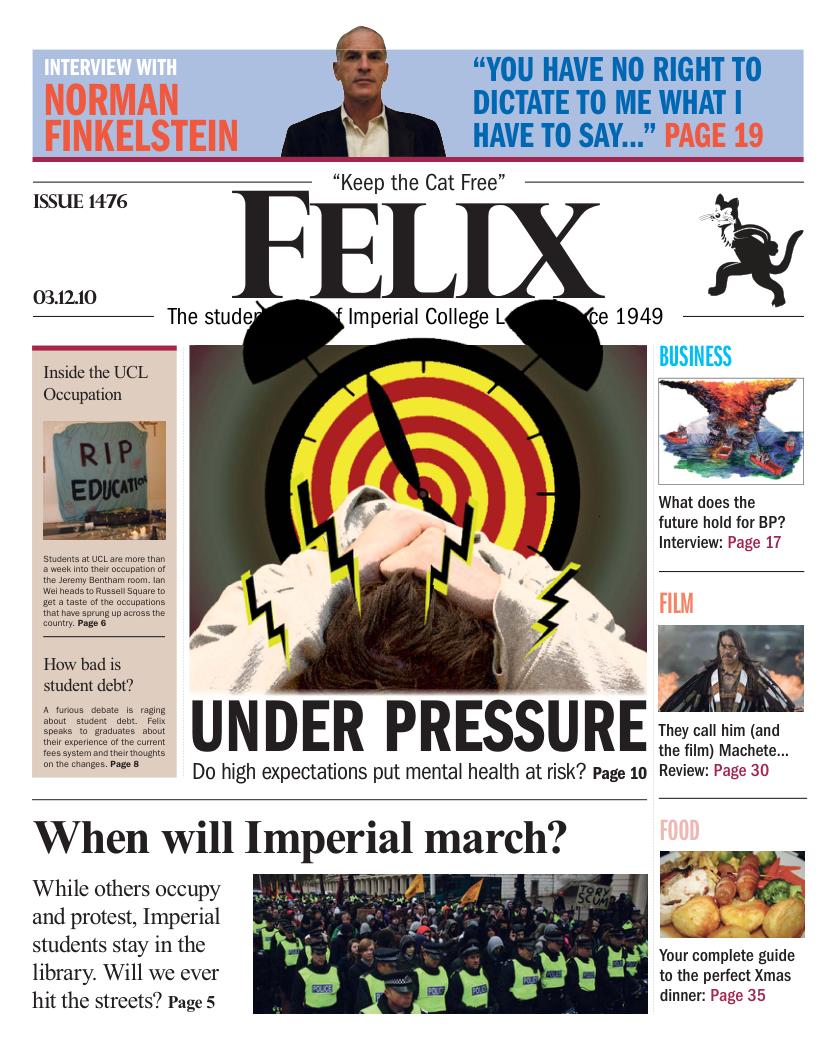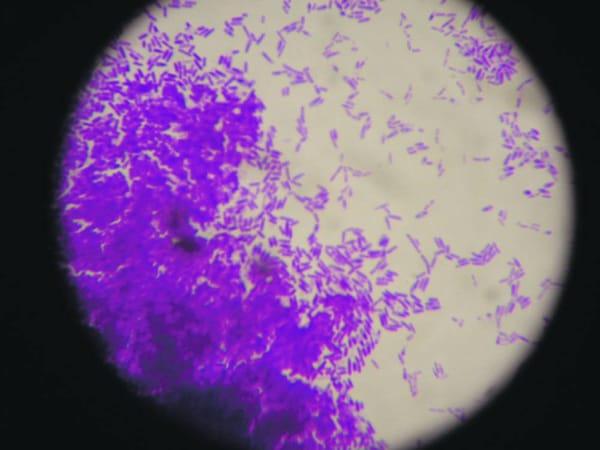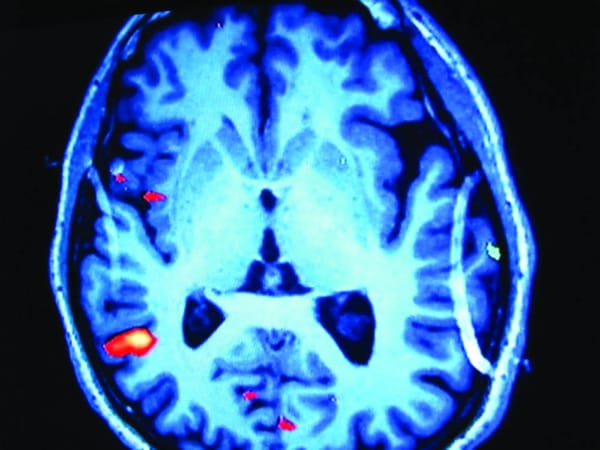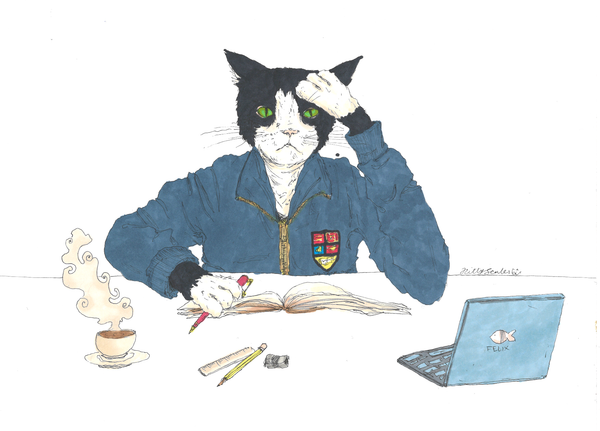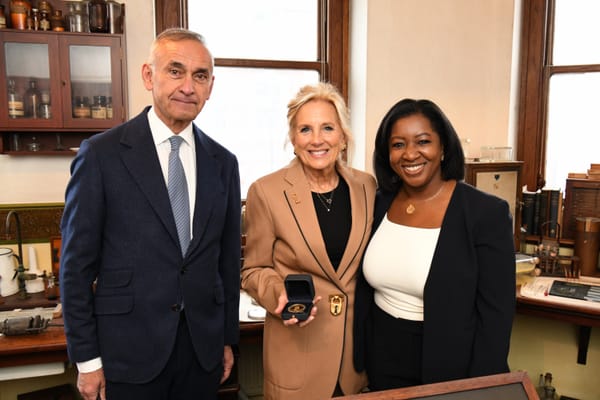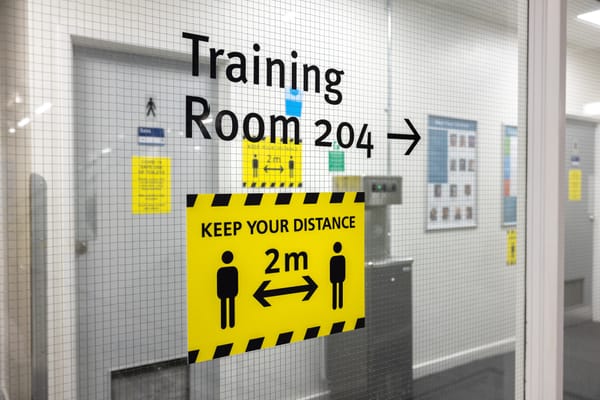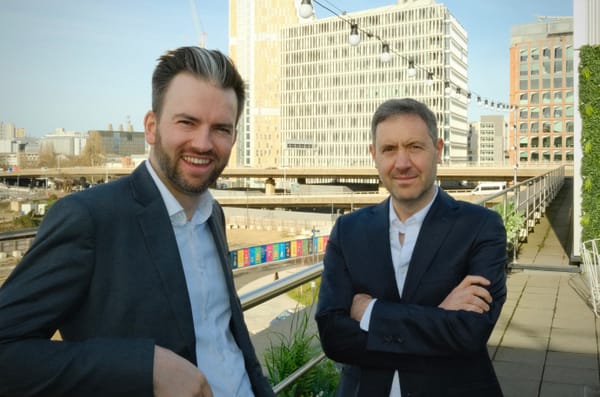Want to save the planet and eat meat? Eat Man
We should return to the food web structure from whence we came
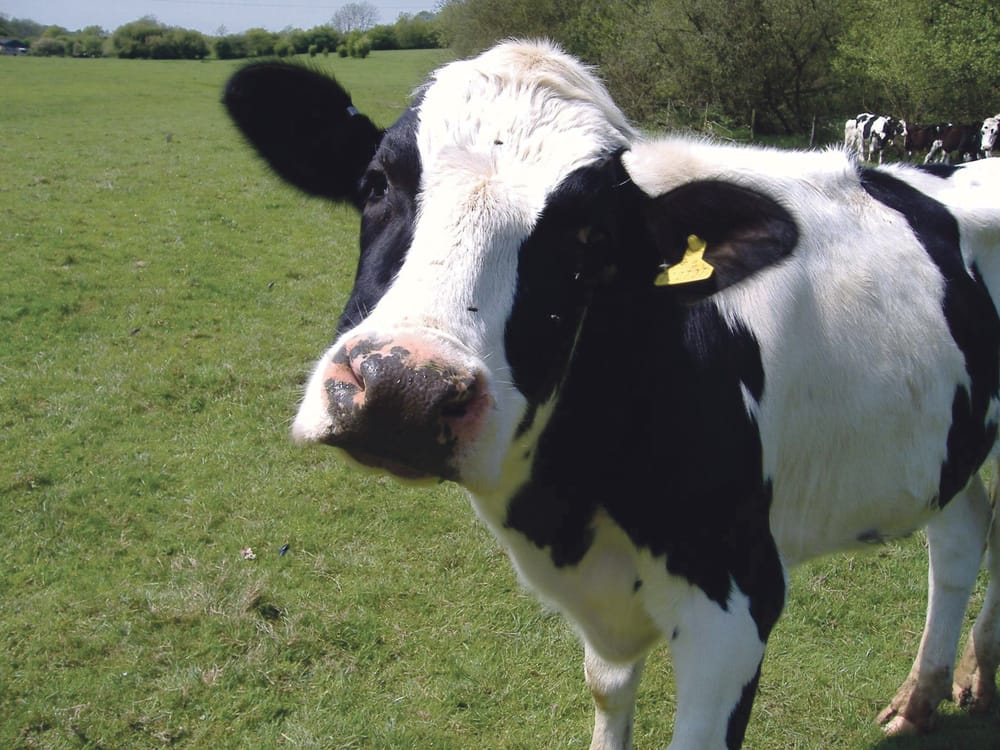
One thing that is often said by vegetarians is that meat farming is not sustainable. Figures are not (scientifically) clear, though what is obvious is that farm production of animals for human consumption requires a lot more in the way of nitrogenous input than for arable farming – not least because the animals we farm are chiefly herbivores and feeds given to them must themselves be grown. In practice this is achieved from grain not suitable for human consumption (e.g. because the harvest period was too damp). I do not know what we would do with such grain if we did not give it to animals – we would have to find some use for it in order to avoid just wasting it; its entry into the market is weather-driven and so pretty unavoidable.
So, we have meat production requiring more resources per kilogram produced than for arable production. Good news for those who did biology A-level is that all the stuff on the energy levels in food webs they learnt has been vindicated as not being wrong. On this basis it seems not too much of a leap to go to meat being unsustainable: we have over six billion mouths to feed and only a limited amount of fertile land that is divided up in so unegalitarian a manner as to make the French strike for a century. It is easy to reach the conclusion that there are too many people for satisfactory meat production.
In fact, taking away technology of any serious kind, and returning humans to the food web structure from whence we came, it has been calculated that there would be a population of around 10k across the globe. This is approximately the same number as go in and out of Piccadilly Circus station every day. As the current world population is approaching four orders of magnitude larger than this, it rather begs the question of how this has happened. Clearly clean water, medicine, education, shelter and so on are important factors in this but so, I believe, is food. I understand there is evidence for the start of arable farming in either the cradle of humanity, or further east in what we now call the Middle East. This was the time when humans stopped being nomadic hunter-gatherers and started living in one place. The wheat was bred to give the right kind of husk and so on, and thus fed the population at the time. Presumably this, although a break from what had gone before, was sustainable as the population grew and since then humans dependent upon farming for food have dominated. A few thousand years of refining and development, including the use of draught animals to do the work we could not or did not want to do, took us to the middle ages. Soon after then, we had ploughing. There was uproar in the 16th century about ploughs. People did not trust machines – why should they when they were doing their work? There were similar fears about the use of animals to pull ploughs – what if all the animals die?
There were few more developments until the end of the 19th century at which point the revolution of mechanisation started to take hold. Eating meat is perfectly sustainable of course, provided we have the fertilisers (thanks to the Haber process) and methods with which to farm it. The problem is that food production follows market forces, including demand. Over thousands of years we have used cognitive intelligence to increase food availability. This has lifted a limit on the proliferation of our species. Thus, it is not crops or ploughing or even peculiarly-shaped bovines that are unsustainable, but you and I.
Perhaps we should eat each other.


